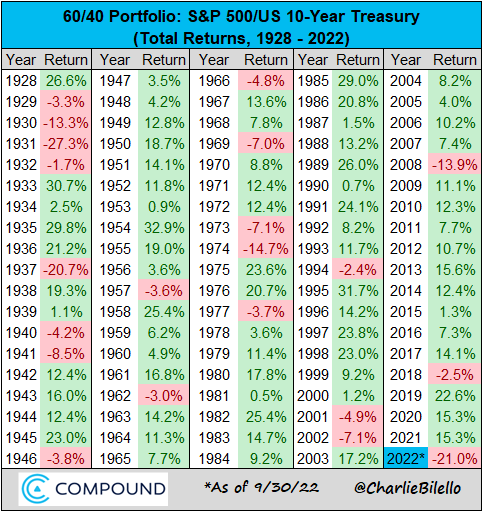It looks like you're new here. If you want to get involved, click one of these buttons!

https://institutional.vanguard.com/content/dam/inst/vanguard-has/insights-pdfs/22_TL_HAS_FullReport_2022.pdfVanguard estimates that a typical participant should target a total contribution rate of 12% to 15%, including both employee and employer contributions. Forty-seven percent of participants had total employee and employer contribution rates that met those thresholds or reached the statutory contribution limit.
God also taketh away. Unfunded tax break for UK’s wealthy hath been stricken down.Lately, it does seem that God tells people to go out and become billionaires more often during their epiphanies than He tells them to give up all their material wealth and preach the gospel in the streets to the poor. It’s all part of His divine rebranding campaign. Material bread feeds the flock better than the Bread of Life in God 2.0.
That's a recitation of book entry limits rather than #IBonds limits. In addition the 2002 statements (Oct 15 and 17) on the TD timeline are muddled and misleading.
Normal annual purchase limits (without special tricks) for individuals for #IBonds has varied:
10/2002 Limit raised to $30K
01/2008 Limit reduced to $5K
01/2012 Limit raised to $10K
https://treasurydirect.gov/indiv/research/history/histtime/histtime_sb.htm
© 2015 Mutual Fund Observer. All rights reserved.
© 2015 Mutual Fund Observer. All rights reserved. Powered by Vanilla